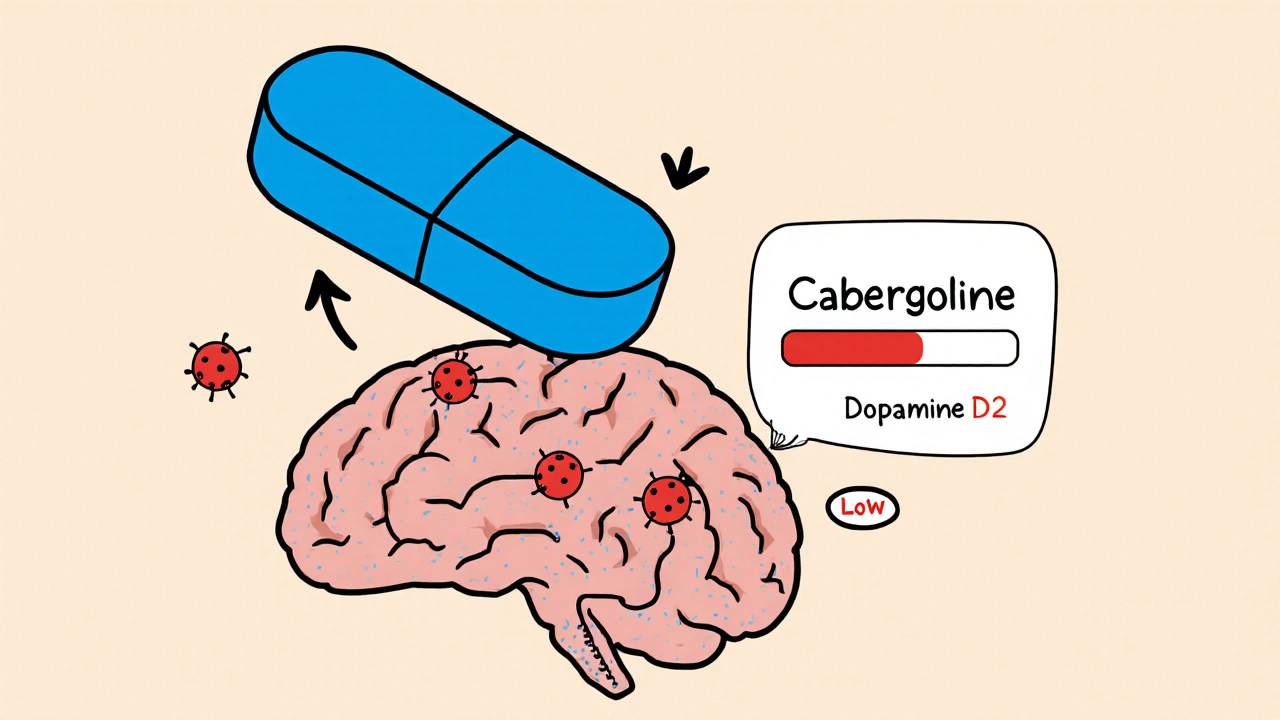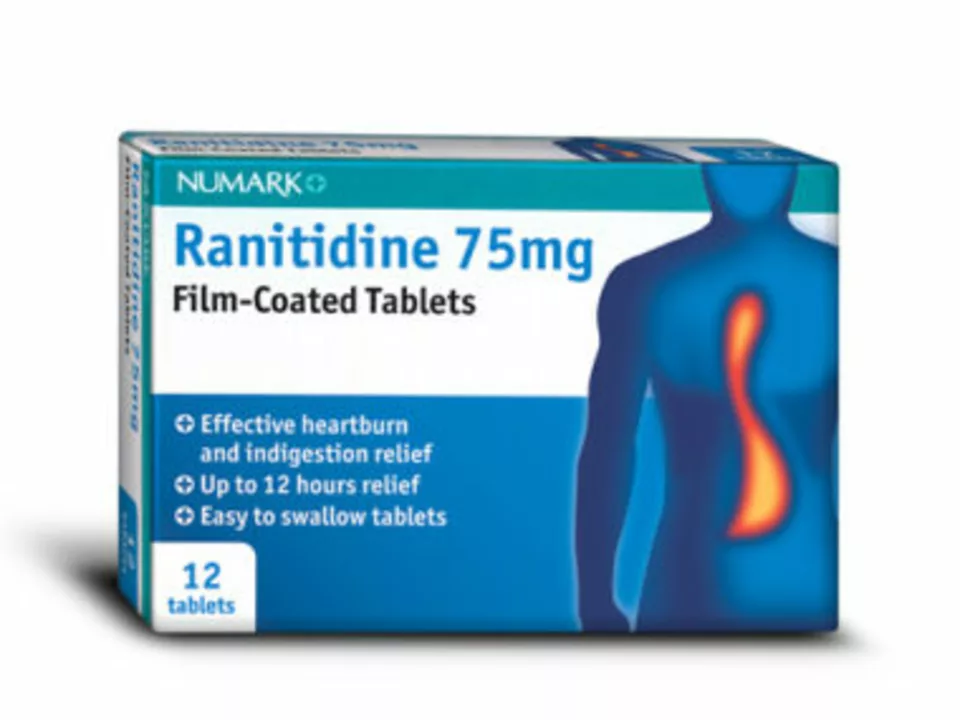Side effects: what to watch for and how to act
Side effects can be obvious or subtle. Some are mild—like a temporary headache or nausea. Others are serious—like shortness of breath, sudden swelling, jaundice, or severe rash. Knowing the difference saves time and can protect your health.
Start with the basics: read the patient leaflet and the official drug information before you take a new medicine. Look for common side effects and for serious warnings. If you're already taking multiple drugs, check interactions. For example, our articles on Lyrica and Zoloft and on didanosine explain interaction risks and what to watch for when medications overlap.
Pay attention in the first days and after dose changes. Many reactions appear soon after starting a drug or increasing the dose. Keep a simple log: drug name, dose, start date, and any new symptoms. This helps your provider spot patterns and decide if the medicine should stop, change, or continue.
When to get help now
Seek urgent care if you get breathing trouble, facial or throat swelling, fainting, chest pain, high fever, or severe bleeding. Also go to the emergency room for sudden yellowing of skin or eyes, dark urine, or signs of a severe allergic reaction. For worrying but not life‑threatening signs—new rash, persistent vomiting, or dizziness—call your doctor or pharmacist the same day.
Practical tips to reduce risk
Use one pharmacy for all prescriptions so the pharmacist can flag dangerous combos. Tell each provider about over‑the‑counter drugs, vitamins, and herbal supplements—some like St. John's wort or calcium D‑glucarate can change how drugs work. Ask about alternative medicines when side effects are a problem; our guides on Lipitor alternatives, metronidazole and Flagyl alternatives, and non‑statin cholesterol drugs show safe options and their typical side effects.
Be careful buying meds online. Choose verified pharmacies and ask for a prescription when required. Articles on buying Vistaril or Nitrofurantoin safely can help you spot red flags. If you buy abroad or from a new site, confirm the active ingredient and batch details with your doctor.
Report side effects. In the U.S. you can use FDA MedWatch; many countries have similar reporting systems. Reporting helps regulators spot rare but dangerous problems and can lead to label updates or safety warnings.
Special groups need extra caution: pregnant people, children, older adults, and those with kidney or liver problems. Doses, monitoring, and side‑effect profiles change in these groups. Ask about lab tests like liver enzymes or kidney function when starting long‑term meds such as statins or antibiotics. If you feel ignored by a provider, get a second opinion. A quick follow‑up call or alternate prescriber can prevent a small problem from becoming serious.
Finally, stay curious but cautious. Not every unpleasant symptom comes from a drug, and not every side effect requires stopping treatment. Work with your clinician, bring your notes, and ask clear questions: "Could this symptom be from my medicine?" or "What is the safest alternative?" That simple conversation often leads to an easy fix.
Stay informed.

Compare Cabergoline with its main alternatives, see how they work, weigh benefits and risks, and learn how to pick the right dopamine agonist for hyperprolactinemia.

Discover everything about Prograf-its purpose, how it works, proper dosing, common side effects, and tips for safe use. A clear guide for patients and caregivers.

Ativan, known by its generic name lorazepam, is a medication often prescribed for anxiety and related conditions. This article breaks down how Ativan works, its potential risks, and safe usage tips in everyday language. You'll also find practical advice for handling side effects and alternatives to consider. Real-life insights and expert opinions help clarify what to expect with this medication. Read on for a clear, honest look at a widely used anxiety drug.

As a blogger, I've recently been researching Ranitidine and its potential effects on kidney function. It's important for us to understand that Ranitidine, a common medication for acid reflux, has been linked to a higher risk of kidney damage in some studies. While not everyone who takes Ranitidine will experience this side effect, those with pre-existing kidney issues should be cautious and consult their doctor. Additionally, it's crucial to monitor your kidney function if you're using this medication for an extended period. Remember, always consult your healthcare provider if you have concerns about your medications and their potential side effects.









